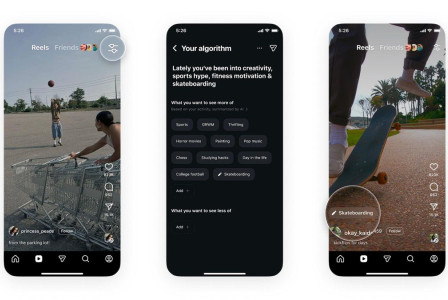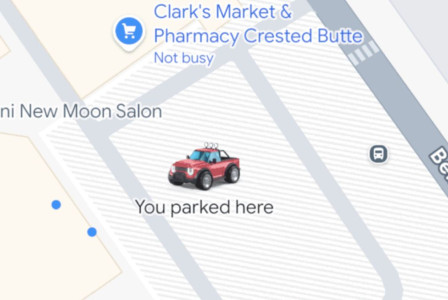SEARCH
RedNote and Lemon8 are gaining ground, but how safe are they as alternatives to TikTok

SHARE IT
A growing number of social media users in America are turning to RedNote and Lemon8 as alternatives to TikTok in light of its potential ban in the US. Their data practices are largely the same as those of major platforms like Meta or TikTok - that is, they collect data on user interactions, device details and location information to personalise content or enhance features like advertising. The basic idea remains the same: If an app is free, the trade-off for using it is often personal data.
Any differences are evident in the details. RedNote, for example, goes so far as to ask for real names, photo IDs, and even skin color verification-necessary for additional features like e-commerce tools and verified live streams. In addition, integrating social media and e-commerce functionality could increase the risks to users' financial data. This means that if there is any gap in RedNote's security, not only are your browsing habits or preferences exposed, but your identity or even more sensitive data. The app's privacy policy doesn't fully spell out how it shares or protects this very personal information, leaving open questions about its data management practices.
Lemon8's approach, by contrast, remains closer to the typical model of collecting personal data for advertising and partnership purposes. While this model still presents privacy concerns (as any data is more difficult to monitor and control once shared), it does not appear to reach the same level of detailed data collection as RedNote.
The moral for users ultimately remains the same, regardless of the platform: They need to understand the scope of the data requested by each application, control how it is used or shared, and decide whether to accept that sharing.
MORE NEWS FOR YOU

 Help & Support
Help & Support 

